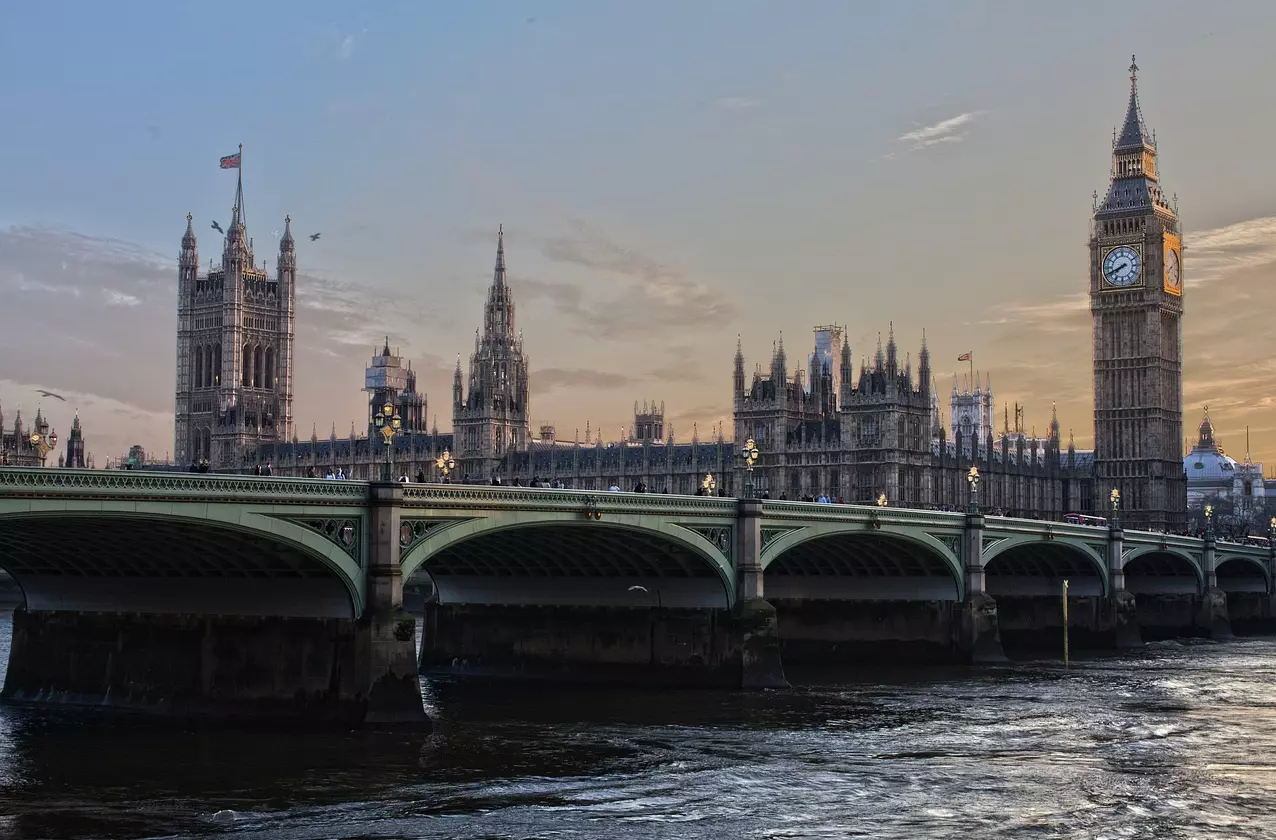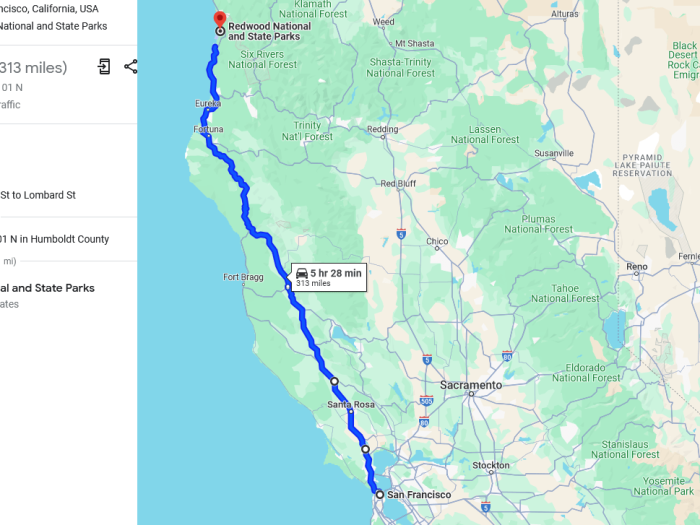UK Ancestry Visa 101: Exploring the UK with a Connection to Your Past
Visiting the UK to trace the history of your ancestors can be a wonderful way to connect with the land, culture, and memories that have shaped some of your unique backgrounds, but it can feel challenging to navigate access to a region that you are so connected to if you don’t already live there.
The UK Ancestry visa offers a wonderful opportunity for individuals who have a history of ancestry in the UK to return and experience this connection while being less constricted by visa requirements as may be the case via other immigration pathways. From the duration that you may be permitted to stay to the options you have to support yourself as you explore, freedom of movement and freedom to remain, there are many valuable considerations that may just be answered by an Ancestry visa if you manage to qualify.

Understanding the Ancestry Visa: What Is It and How Can You Qualify?
The UK Ancestry visa is a pathway towards UK immigration that is available to those who can show a family history in the UK. While this can seem like a very broad concept – and it does try to be fairly accommodating – there are still relevant factors for qualifying that you should be aware of.
At a glance, UK Ancestry visas usually consider your grandparents or parent’s status in the UK. Unfortunately, grandparents or step-parents with a history in the UK will not allow you to qualify for this visa, but it will still be considered if you or your parents were adopted into a UK household and otherwise met the criteria.
Ancestry visas are generally only available to individuals who are at least 17 years of age and who have evidence of sufficient means to support themselves when in the UK. You must have a parent or grandparent who was born in the UK, on the Isle of Man, or the Channel Islands. Alternatively being born on a British-registered ship or aircraft may also qualify. If you have a grandparent who was born in the present-day Republic of Ireland before the end of March 1922, you may still be eligible.
Applications will require clear documentation of this family connection so you will need to make sure that you have viable evidence to make this as straightforward a process as possible.
Making the Right Choice: How The Ancestry Visa Can Make Your Experience More Meaningful
Reconnecting with your family’s past tends to be a highly personal experience and it makes sense to set yourself up in a way where there will be minimal external factors cutting into your ability to focus and explore freely. The last thing you would want on such a significant trip is to be hindered by immigration barriers or legal concerns, or even to run into issues with overstaying, should you wish to dive into your family history more deeply.
The UK visas that are most accessible for visitors with a temporary purpose tend to come with strict restrictions on what you may do. This is especially felt when considering their maximum duration of validity which sits at only 90 days. While this might be plenty of time for visits, it can also be limiting when you want to engage with a purpose as complex as your ancestry, and it can be hard to connect with a place when there is a constant reminder that you are not permitted to stay. While short-stay visas can be fairly straightforward in terms of their eligibility requirements and application process, the drawbacks should be considered.
Even if you are from a non-visa-required region, you will still be bound to essentially the same restrictions, now that the UK has left the European Union and put an end to the previous freedom of movement agreements for EU and EEA nationals. Usually, your ability to stay will be subject to the same 90-day limit unless you obtain a long-stay visa. While there may be some additional options for EU and EEA nationals wishing to stay in the UK, the Ancestry visa is still highly desirable for those who may qualify.






